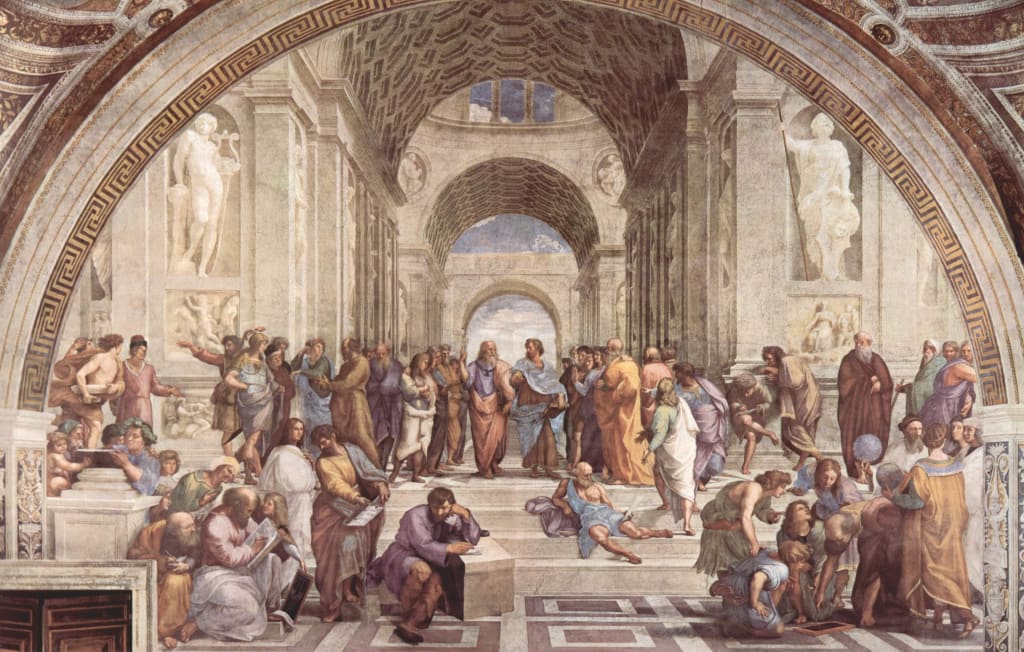
One of the most important historical documents,
The Magna Carta was sealed by King John of England in 1215 and established the fundamentals of individual rights, constitutional government, and the rule of law.
The 63 sections of the Magna Carta outline the freedoms and rights of free individuals, place restrictions on the monarchy's authority, and create the framework for the emergence of democratic government.
Fundamentally, the conflicts between the monarch's power and the nobility's need for independence led to the creation of the Magna Carta, which marks a turning point in the fight for liberty and justice. It arose in the midst of political unrest and feudal persecution, with both barons and clergy feeling more resentful of King John's capricious reign.
The acceptance of the rule of law, which maintains that no one is above the law— not even the king —is one of the cornerstones of the Magna Carta.
The famous clause 39 states, "No free man shall be seized or imprisoned, or stripped of his rights or possessions, or outlawed or exiled, except by the lawful judgment of his equals or by the law of the land." This section created the idea of due process, guaranteeing that people's rights could not be taken away from them without cause.
In addition, the Magna Carta established the concept of habeas corpus, which protects against wrongful incarceration by compelling authorities to provide a legal justification for an individual's detention before a court. The foundation for contemporary legal safeguards against arbitrary arrest and detention was established by this clause.
The Magna Carta established the concept of limited government by limiting the authority of the monarchy while still defending individual liberty. The agreement ensured that taxes were subject to the approval of the governed and limited the king's power to impose arbitrary taxes.
Clause 12 said that "No scutage or aid may be levied in our kingdom without its general consent, unless it is for the ransom of our person, to make our eldest son a knight, and (once) to marry our eldest daughter." With the passage of this clause, the monarchy's unbridled economic power was significantly curtailed and parliamentary control over financial
The idea of the "common council of the realm," which subsequently developed into the English Parliament, was also introduced by the Magna Carta. Even if at the time of its drafting only the nobles were represented, the creation of a consultative council set the stage for the development of political rights and wider involvement in administration.
The importance of the Magna Carta extends beyond its immediate historical setting, impacting succeeding generations and serving as an inspiration for liberty and justice movements globally. Its ideas resonated with the emergence of constitutional democracies, impacting texts like the Universal Declaration of Human Rights and the US Constitution.
The United States' Bill of Rights, which protects fundamental liberties and restrains governmental power, is a clear example of the Magna Carta's influence. For instance, the Magna Carta's prohibition on the willful taking of someone's life, liberty, or property is echoed in the Fifth Amendment, which includes the idea of due process.
In addition, the Magna Carta acted as a benchmark for the abolitionist movement, with leaders like Frederick Douglass taking cues from its tenets in their fight against oppression and slavery. "The Constitution is a Glorious Liberty Document, interpreted as it ought to be interpreted," was a famous statement made by Frederick Douglass.
Beyond its implications for law and politics, the Magna Carta has come to represent the never-ending pursuit of justice and human rights. All around the world, monuments and memorials honor its history and serve as a constant reminder of the superiority of ideals over despotism and tyranny.
To sum up, the Magna Carta is a symbol of justice and liberty that embodies the age-old ideas of individual rights, constitutional government, and the rule of law. Its impact goes much beyond its historical setting, influencing the development of human history and motivating successive generations to strive for equality and freedom. Thinking back on its heritage serves as a reminder of the principles' persistent capacity to change societies over time and create a more just and equitable world.





Comments
There are no comments for this story
Be the first to respond and start the conversation.